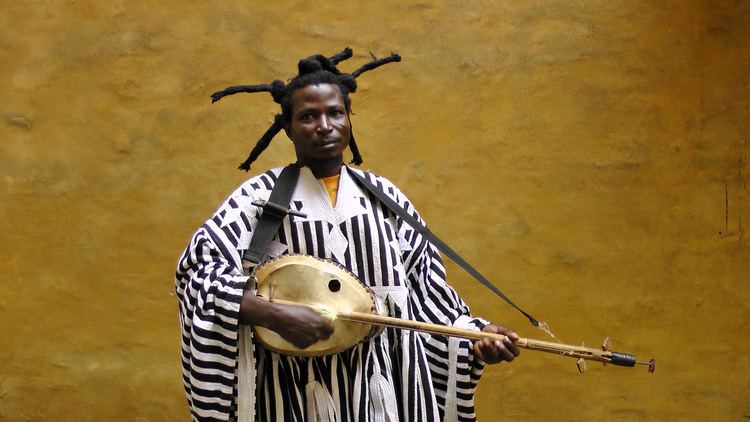Despite the global economic crisis caused by COVID-19 and the Russia/Ukraine conflict, Vice President Dr. Mahamudu Bawumia said Ghana’s economy is stronger and more resilient.
The former deputy governor of the Bank of Ghana told Ghanaians that the country’s economy is growing faster than it did from 2013 to 2016.
…“Ghana’s inflation has followed the same route as other nations hit by the COVID epidemic. Inflation fell from 17.5% in 2016 to 7.25% in 2020. Since the epidemic, inflation has risen to 10% in 2021.
“Global factors, including rising crude oil and other commodity costs, and the Russian-Ukraine crisis, pushed inflation to 15.7% in February 2022. Between 2013 and 2016, inflation averaged 15.9%. Despite the effect of COVID-19, inflation averaged 10.4% between 2017 and 2021.”
Dr. Bawumia said that interest rates are considerably lower than in 2013-2016.
This allowed for massive monetary policy easing prior to COVID-19. the Monetary Policy Rate (MPR) was reduced by 11% between January 2017 and January 2021.”
“This resulted in lower short-term interest rates, with the 91-day Treasury bill falling from 21.2 percent in 2013 to 2016 to 13.8 percent in 2017 to 2021. Loan rates fell from 28% in 2013 to 23% in 2017 and 2021,” he stated.
Bawumia noted that the Bank of Ghana upped the policy rate by 2.5 percent from 14.5 percent to 17.0 percent to combat current inflation.
Antoinette Tseboa-Darko, Executive Director of the Danquah Institute, and others were also present.
 Nkonkonsa Celebrity Gossip From Africa
Nkonkonsa Celebrity Gossip From Africa



